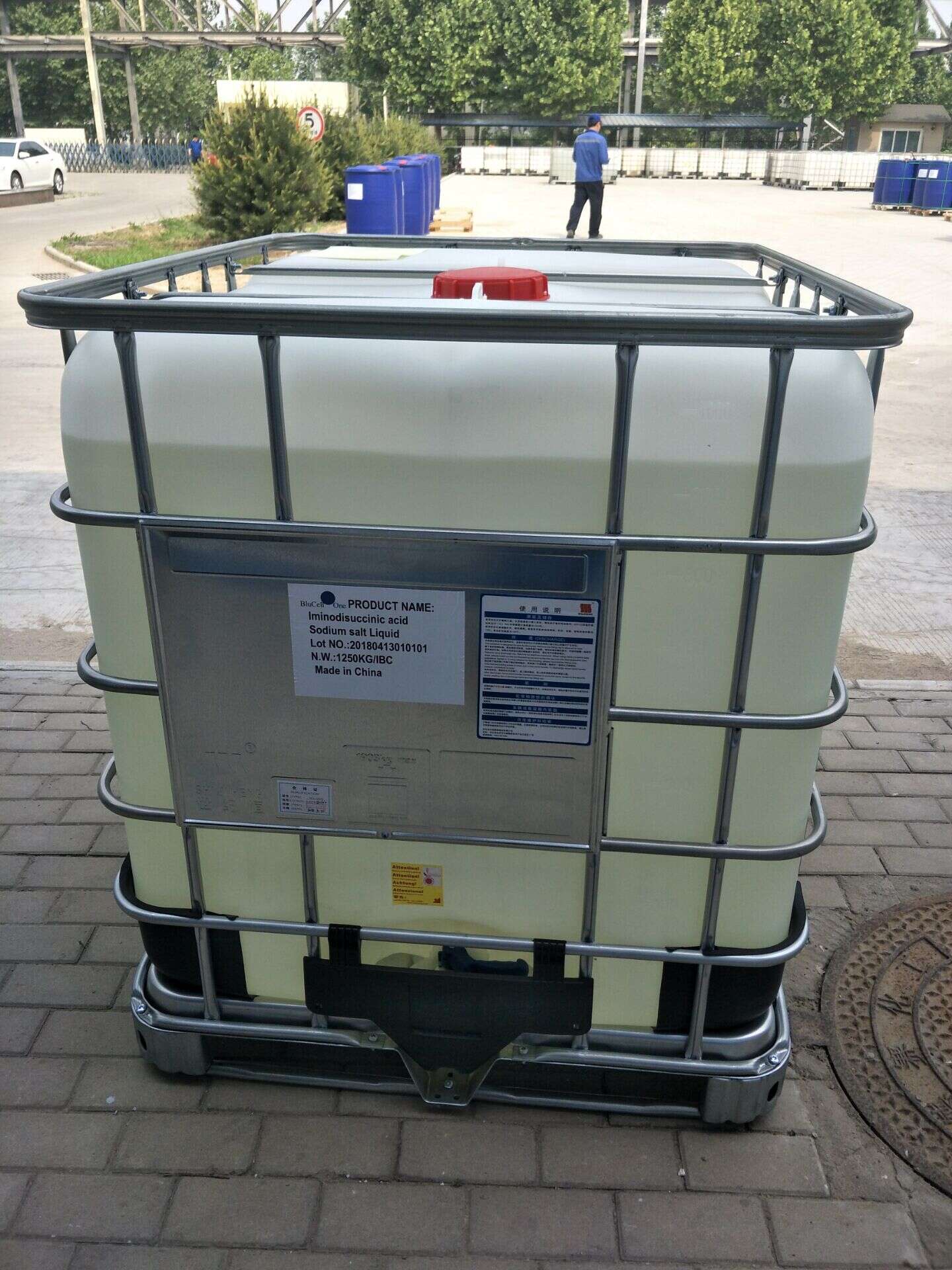-
Categories
-
Pharmaceutical Intermediates
-
Active Pharmaceutical Ingredients
-
Food Additives
- Industrial Coatings
- Agrochemicals
- Dyes and Pigments
- Surfactant
- Flavors and Fragrances
- Chemical Reagents
- Catalyst and Auxiliary
- Natural Products
- Inorganic Chemistry
-
Organic Chemistry
-
Biochemical Engineering
- Analytical Chemistry
-
Cosmetic Ingredient
- Water Treatment Chemical
-
Pharmaceutical Intermediates
Promotion
ECHEMI Mall
Wholesale
Weekly Price
Exhibition
News
-
Trade Service
According to the latest annual forecast of Bloomberg New Energy Finance (BNEF), the decline in battery costs will drive the boom
in global energy storage system installations by 2040.
By 2040, the global energy storage market will cumulatively grow to 942GW and attract $1.
2 trillion in investment
over the next 22 years.
Cheap battery costs mean that wind and solar will still operate in
bad weather conditions.
BNEF's latest long-term energy storage outlook shows that the cost of capital for utility-scale lithium-ion battery storage systems will fall by another 52% between 2018 and 2030, which will have a huge impact
on the automotive and power markets.
Yayoi Sekine, an energy storage analyst at BNEF and co-author of the report, said: "We are becoming more optimistic
about storage deployment.
This is partly due to faster than expected decline in storage system costs, and partly due to a greater focus on two emerging technology applications, electric vehicle charging and energy access
in remote locations.
”
Logan Goldie-Scot, Head of Energy Storage at BNEF, added: "We believe that by 2040, energy storage will grow to the equivalent of 7%
of total installed capacity worldwide.
It is expected that by 2020, the annual energy storage deployment will exceed 50 GWh
.
This is three years
ahead of last year's BNEF outlook.
China, the United States, India, Japan, Germany, France, Australia, South Korea and the United Kingdom will be the main energy storage countries
.
By 2040, these nine markets will account for two-thirds
of global installed capacity.
In the short term, South Korea will dominate the market, and the United States will overtake South Korea in early 2020, but will be overtaken by China in the 21st century 2020s, and China's dominance will continue until 2040
.
In addition, developing countries in Africa will also see rapid growth
in battery storage.
Utilities may be "increasingly recognizing that off-grid assets combining solar, diesel and batteries are more economical at remote sites than in expansion of the main grid or fossil-only generators," the report said.
The report also notes that despite rapid growth from today's levels, the demand for stationary storage batteries will account for only 7%
of total battery demand in 2040.
By 2040, Asia-Pacific will account for 45%
of total installed capacity.
Another 29% will be distributed in Europe, the Middle East and Africa
.
The rest will be in the Americas
.
According to the latest annual forecast of Bloomberg New Energy Finance (BNEF), the decline in battery costs will drive the boom
in global energy storage system installations by 2040.
By 2040, the global energy storage market will cumulatively grow to 942GW and attract $1.
2 trillion in investment
over the next 22 years.
Cheap battery costs mean that wind and solar will still operate in
bad weather conditions.
BNEF's latest long-term energy storage outlook shows that the cost of capital for utility-scale lithium-ion battery storage systems will fall by another 52% between 2018 and 2030, which will have a huge impact
on the automotive and power markets.
Yayoi Sekine, an energy storage analyst at BNEF and co-author of the report, said: "We are becoming more optimistic
about storage deployment.
This is partly due to faster than expected decline in storage system costs, and partly due to a greater focus on two emerging technology applications, electric vehicle charging and energy access
in remote locations.
”
Logan Goldie-Scot, Head of Energy Storage at BNEF, added: "We believe that by 2040, energy storage will grow to the equivalent of 7%
of total installed capacity worldwide.
It is expected that by 2020, the annual energy storage deployment will exceed 50 GWh
.
This is three years
ahead of last year's BNEF outlook.
China, the United States, India, Japan, Germany, France, Australia, South Korea and the United Kingdom will be the main energy storage countries
.
By 2040, these nine markets will account for two-thirds
of global installed capacity.
In the short term, South Korea will dominate the market, and the United States will overtake South Korea in early 2020, but will be overtaken by China in the 21st century 2020s, and China's dominance will continue until 2040
.
In addition, developing countries in Africa will also see rapid growth
in battery storage.
Utilities may be "increasingly recognizing that off-grid assets combining solar, diesel and batteries are more economical at remote sites than in expansion of the main grid or fossil-only generators," the report said.
The report also notes that despite rapid growth from today's levels, the demand for stationary storage batteries will account for only 7%
of total battery demand in 2040.
By 2040, Asia-Pacific will account for 45%
of total installed capacity.
Another 29% will be distributed in Europe, the Middle East and Africa
.
The rest will be in the Americas
.






